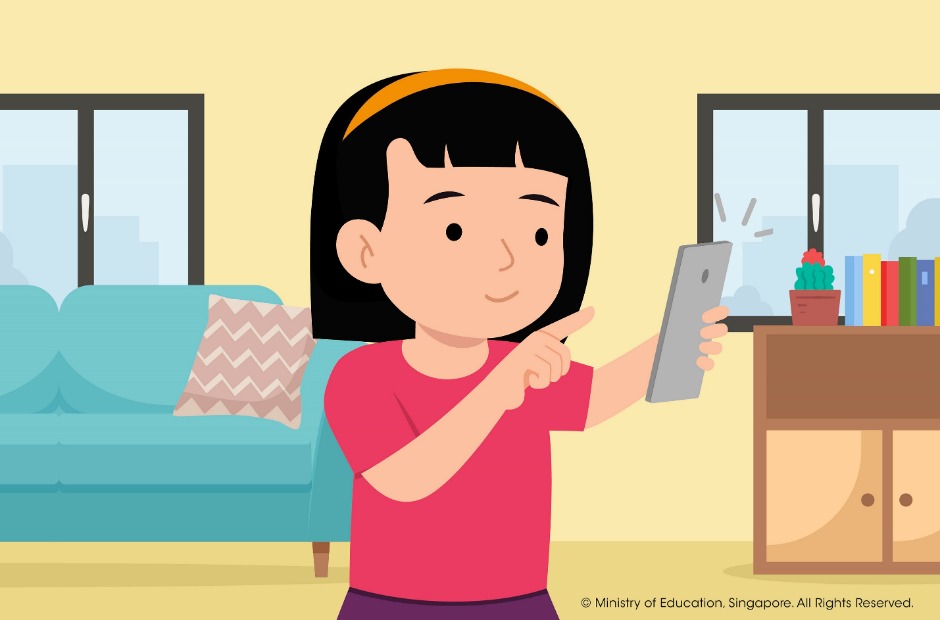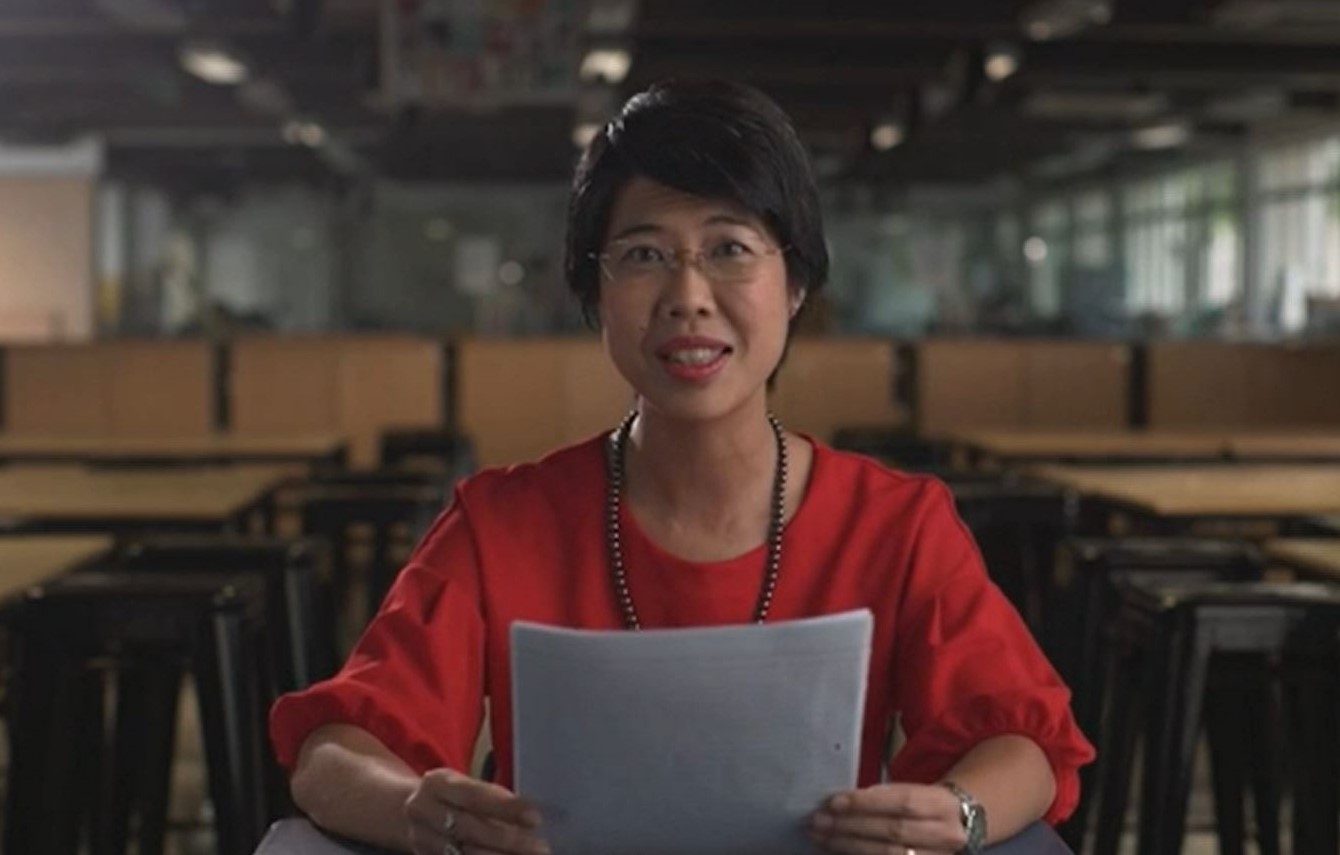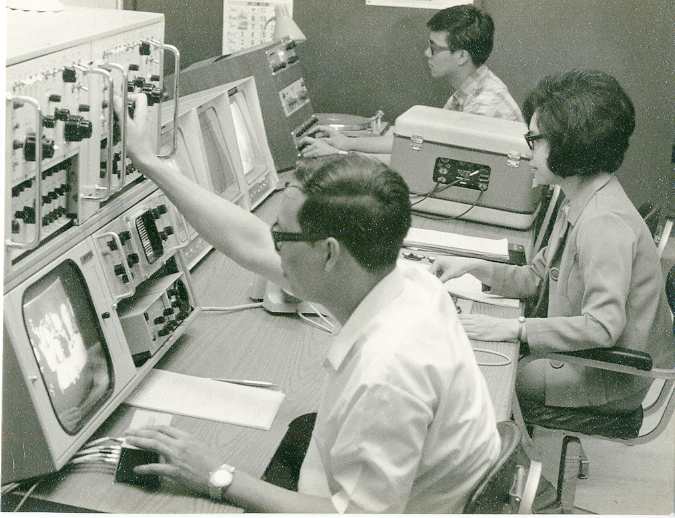Your child’s 13th birthday is approaching and they’re keen to sign up for a social media account. That is the minimum age social media platforms require users to be. So, it should be ok, right?
Hold on.
13 – the magic number?
With social media apps rated 12+ years and up, we often hear about 13 years being the minimum age when children can sign up for social media accounts. But are 13-year-olds really mature enough and ready for the world of social media? And why 13 years of age?
‘13’ came about because tech companies must abide by a 1998 law called the Children’s Online Privacy Protection Act, or COPPA. It is intended to protect the privacy of children aged 12 and under, and keeps companies from collecting and disseminating children’s personal information.
For this reason, users are required to declare that they are 13 years and above when they sign up for social media accounts. Agreeing to a platform’s terms of service and accessing it basically means users are allowing the platform to have access to the information they share on those platforms.
To ensure that children are protected by the safety features that have been built into the various platforms, it is important that the age provided when setting up the account is accurate. For example, social media platforms like TikTok and Instagram automatically make accounts for users 13- to 16-year-olds private by default and prevent strangers from direct messaging them.
Parents need to be aware that there could be unintended consequences if their children do not provide their actual age, especially when they are not yet 13 years old, when they sign up for accounts.
Something else to note is that social media platforms do not differentiate content that adheres to their community guidelines – a 13-year-old teen and a 30-year-old adult can come across the same content, if they have similar preferences or follow the same group of people. Content that may be distressing to some viewers would usually come with content warnings so users can decide for themselves whether to view it or not.
Aside from this, as Family Zone cyber expert Dr Kristy Goodwin points out, “If we tell our kids, it’s okay to set up an account before they’re 13 years of age, we’re sending them a powerful message that it’s okay to break the law, and that’s a difficult moral position to come back from. Okay, technically it’s not really ‘breaking the law’ – it’s ignoring an advisory restriction – but arguably the message we send to our kids is the same: ‘You can write your own rules online.’ And that is a risky precedent to set.”
That said, beyond advisories and legalities, it is also important to know when your child is mature enough to cope with the demands of social media and the risks that this world exposes them to.
How do I know if my child is ready for social media?
“Is my child ready for social media at 13 years of age?” is a question that only you can answer, as their parent. Here are some questions you can think about when assessing your child’s readiness.
 Adapted from Betterinternet.sg
Adapted from Betterinternet.sg
If you think that your child is not ready for an account, talk to them and help them understand why you think that way and hold out from allowing your child to start a social media account for as long as you think is necessary.
How do I help my child use social media safely?
The online environment can be hostile and unforgiving, as what is posted online, remains online forever. There can be social pressure on your child to post content that makes them look good compared to others, or share things that will get them a lot of likes and comments. Sometimes differing views, when not managed properly, can escalate into cyber bullying.
But it is not all bad.
Social media can help your child feel more connected to what is happening in their friends’ lives, and can even be a source of support through tough times. Social media can also help your child become more civic-minded and expose them to a greater diversity of viewpoints.
When you decide that your child is ready for a social media account, it is essential to have an agreement with them on some aspects of their social media use. This can happen through a conversation with your child, in a tone that is non-judgmental. Some areas that you and your child may wish to agree on could include:
- Types of content they are allowed to post
- How often they can post
- How often you are comfortable with them checking social media
- How to handle requests and messages from strangers
- How to set privacy levels
- Registering for the account using their actual birth date to ensure that they can take full advantage of the safety features for younger users, i.e., 13- to 16-year-olds, that social media platforms have in place.
- Have parental controls in place
Social media platforms have parental supervision features that help you control the content your child sees online. Combined with privacy settings, these will help you protect your child from inappropriate content and other online safety issues. Tik Tok and Meta have introduced step-by-step guides for parents to set up parental controls. You may also refer to this article for more guides on setting up parental controls for various devices, search engines and other social media platforms.
Emphasise to your child that these areas of agreement are to keep them safe.
Assure your child that they can come and talk to you should they come across any content, experiences or online interactions with others that make them feel uncomfortable. You could also explore the app together to familiarise yourselves with the self-reporting function, so that your child would know what to do should they come across inappropriate or harmful content.
Mistakes can be expected along the way – do not panic and resort to removing access to social media straightaway. Talk it through with your child. Maintain strong rapport and open communication, so that you can continue to provide the support and guidance they need to confidently navigate the cyber space (and other issues!) in a safe and responsible way.
What are schools doing to prepare students to navigate the online space safely?
All students go through Cyber Wellness lessons from as young as Primary 1. They are taught to be respectful, safe, and responsible users of technology, and to be a positive influence on their peers. Lessons also cover topics like cyber identity, cyber relationships, and cyber citizenship.
Cyber Wellness education has been enhanced in the refreshed Character and Citizenship Education (CCE) curriculum and seeks to equip students with the necessary knowledge and skills to ensure online safety, and maintain mental well-being in navigating the digital environment.






